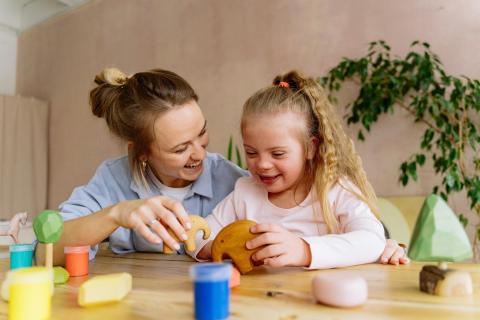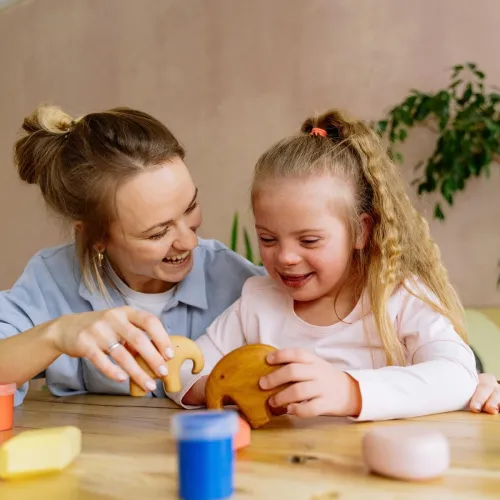OurFamilyWizard Blog
Insights and Advice for Conflict-Free Co-Parenting
Featured

A UK-based family law solicitor describes how OurFamilyWizard helps his clients improve their…
Recent

Discover how one family law lawyer sees OurFamilyWizard helping to resolve seven unique…

Co-parents juggle a lot of problems—but some can be solved. Feeling anxious, paying too many legal…

Parenting time drop-offs are a huge source of stress for many co-parents. Learn healthy ways to…
Mastering your parenting schedule

Using the best co-parenting calendar is essential for preventing conflict after a divorce or…

Adjusting to being raised in two houses is easier for children when co-parents master these basics.

For many parents, a parenting schedule is a crucial element of your overall co-parenting…



